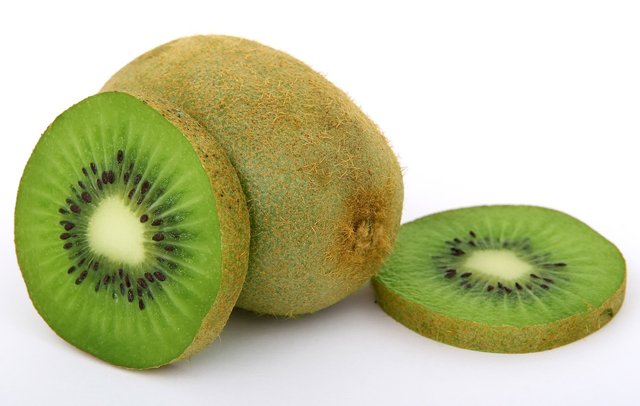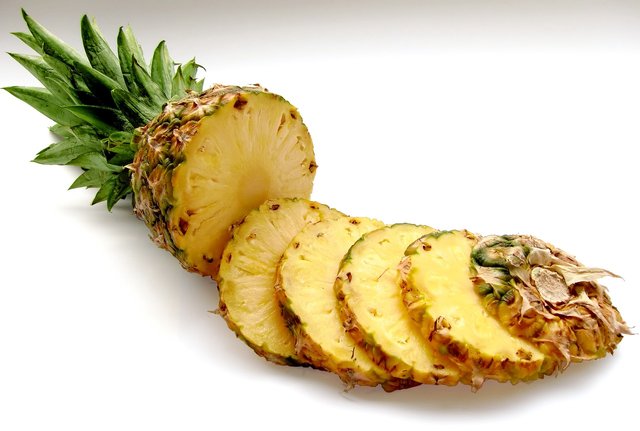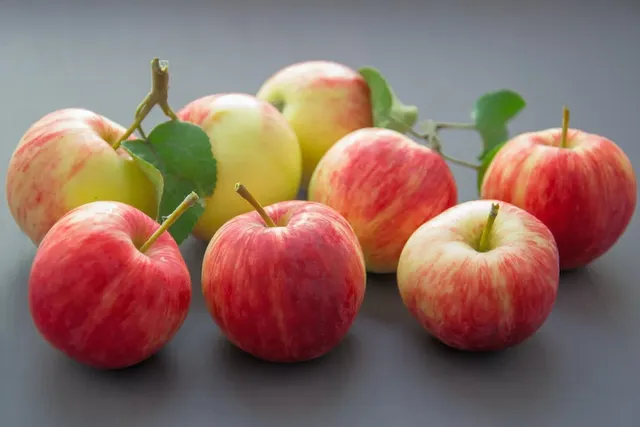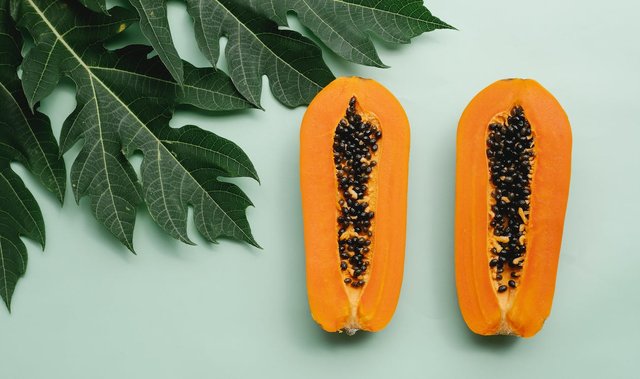In today's fast-paced world, many people struggle with insomnia and restless nights.
The quest for better sleep often leads to medication or supplements, but did you know that your kitchen holds some of nature's best sleep aids?
Fruits, with their natural compounds and nutrients, can be an effective and delicious way to combat insomnia and improve the quality of your sleep.
Here are some fruits to include in your diet for insomnia relief:
1. Cherries: Nature's Sleep Elixir

Cherries are a superstar in the world of sleep-enhancing fruits. They contain melatonin, a hormone that regulates your sleep-wake cycle. Consuming cherries or cherry juice before bedtime can boost your melatonin levels, making it easier to fall asleep and stay asleep longer. Cherries also have anti-inflammatory and antioxidant properties, which can help calm your body for a more restful night.
2. Kiwi: The Slumber Superfood

Kiwi, often known as the "sleep superfood," is packed with sleep-promoting nutrients. It's an excellent source of vitamin C, which helps regulate the sleep-wake cycle. Kiwi also contains serotonin, a neurotransmitter that plays a crucial role in sleep and mood regulation. A study found that eating kiwi regularly can lead to improved sleep duration and quality.
3. Bananas: A Nutrient-Rich Slumber Aid

Bananas are not only a convenient snack but also a natural remedy for insomnia. They're rich in several sleep-inducing nutrients, including magnesium, potassium, and vitamin B6. Magnesium helps relax muscles and nerves, while potassium can prevent nighttime leg cramps. Vitamin B6 plays a role in the production of melatonin, a hormone that regulates sleep.
4. Oranges: Vitamin C for Better Sleep

Oranges and other citrus fruits are well-known for their vitamin C content, which can help with insomnia. Vitamin C regulates the sleep cycle and can reduce the severity of sleep disorders. Additionally, the antioxidant properties of vitamin C can help calm inflammation and promote a restful night's sleep.
5. Pineapples: The Tropical Sleep Aid

Pineapples contain a significant amount of vitamin C and other antioxidants, making them a valuable addition to your diet for better sleep. Vitamin C can improve sleep quality, and the natural sugars in pineapples can help stabilize blood sugar levels, preventing nighttime awakenings due to sugar spikes.
6. Apples: Fiber for Sustained Sleep

Apples are not only healthy but also a great choice for those looking to improve their sleep. Apples are high in fiber, which helps regulate blood sugar levels and prevent rapid spikes and crashes that can disrupt sleep. They're also a source of vitamin C, adding to their sleep-promoting benefits.
7. Papayas: Enzymes for Better Digestion

Papayas are rich in digestive enzymes, such as papain, which can aid in digestion and prevent discomfort that might keep you awake at night. They're also a good source of vitamin C, making them a well-rounded fruit for promoting restful sleep.
8. Grapes: A Snack for Serotonin

Grapes contain natural sugars that can slightly raise insulin levels, helping tryptophan enter the brain more easily. Tryptophan is an amino acid precursor to serotonin, a neurotransmitter that contributes to relaxation and sleep. Enjoying a handful of grapes before bedtime can help increase serotonin levels and promote a calming effect.
Incorporating these fruits into your daily diet can be a delicious and nutritious way to combat insomnia and improve your sleep quality.
However, remember that individual responses to foods can vary, and dietary changes alone may not solve chronic sleep issues.
If insomnia persists, it's essential to consult with a healthcare professional or a sleep specialist to identify underlying causes and receive tailored treatment recommendations.
Additionally, maintaining a consistent sleep schedule, creating a sleep-conducive environment, and practicing relaxation techniques can further enhance your efforts to achieve restful slumber.
Read More: https://sites.google.com/view/wellness-for-your-health